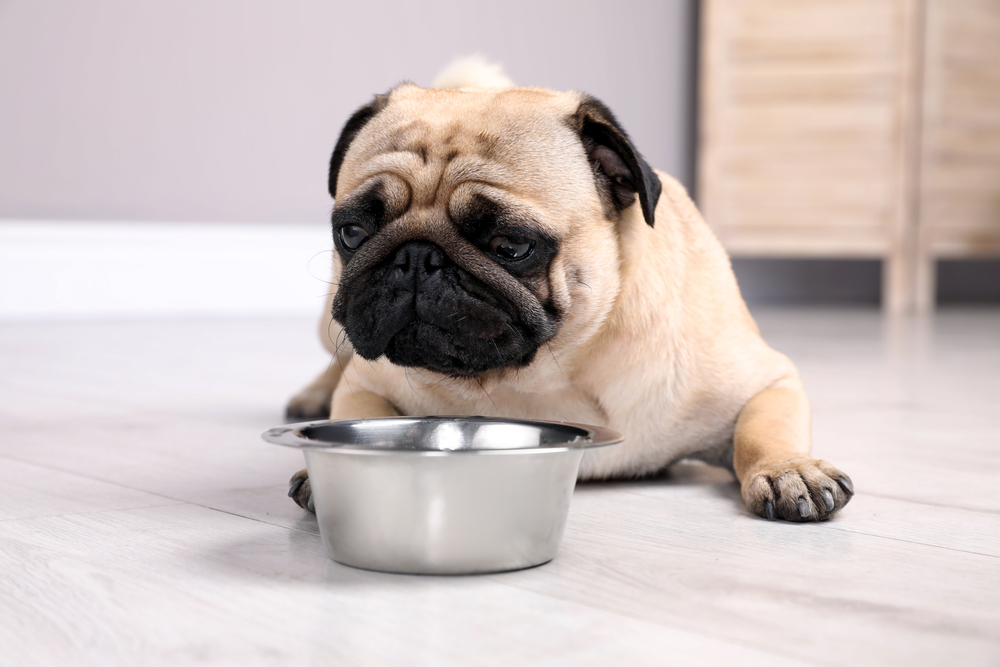
One of the most crucial aspects of pet health is hydration, which can sometimes be overlooked. Dehydration occurs when a pet loses more fluids than they take in, and it can lead to serious health issues if left untreated. Understanding the signs of dehydration in pets can help you take action early and protect your beloved animal from complications.
What Causes Dehydration in Pets?
Dehydration in pets can be caused by a variety of factors, including:
Inadequate Water Intake: Some pets simply don’t drink enough water throughout the day, particularly in hot weather or after strenuous activity.
Illness: Conditions such as vomiting, diarrhea, fever, or heatstroke can rapidly deplete a pet’s fluid levels.
Chronic Health Issues: Pets with kidney disease, diabetes, or certain infections may be more prone to dehydration.
Heat Exposure: Extended time in the heat, especially during summer months, can result in dehydration.
Signs of Dehydration in Pets
It’s important to monitor your pet for the following signs of dehydration:
Dry Gums and Nose: Healthy pets have moist noses and gums. If your pet’s nose is dry or their gums feel sticky or dry when you touch them, dehydration may be present.
Loss of Skin Elasticity: A quick test for dehydration involves gently pinching the skin between your pet’s shoulder blades. In a hydrated pet, the skin will spring back quickly. If the skin takes longer to return to its normal position, this may indicate dehydration.
Sunken Eyes: Dehydration can cause your pet’s eyes to appear dull or sunken. This is especially noticeable in pets that are severely dehydrated.
Lethargy: If your pet seems unusually tired, weak, or unresponsive, dehydration could be the cause. Pets rely on water to maintain their energy levels, so lethargy can be one of the early signs of fluid loss.
Loss of Appetite: Dehydrated pets often lose interest in food, which can worsen the situation as they are not getting necessary nutrients.
Panting and Excessive Drooling: While panting is normal after exercise, excessive panting or drooling in cool conditions may be a sign of dehydration.
Reduced Urination: If your pet is urinating less frequently or has dark, concentrated urine, they may not be consuming enough fluids.
What to Do If Your Pet Is Dehydrated
If you suspect your pet is dehydrated, offer fresh, clean water immediately. However, don’t force them to drink too much at once, as this can cause vomiting, which exacerbates dehydration. Encourage small sips, and keep an eye on their behavior.
If your pet’s symptoms are severe or they are refusing to drink water, it’s essential to seek veterinary care right away. In severe cases, pets may require intravenous fluids to restore proper hydration levels.
Preventing Dehydration in Pets
Prevention is always the best strategy when it comes to dehydration. Here are some steps you can take to keep your pet properly hydrated:
Always provide access to fresh water, especially during hot weather or after exercise.
Monitor their water intake closely. Some pets, especially cats, may not drink enough water on their own. Consider adding wet food to their diet or using a pet water fountain to encourage more drinking.
Be cautious during hot weather and limit outdoor activity during peak heat. Make sure your pet has access to shade and water if they’re spending time outside.
Recognize the early signs of dehydration so you can act quickly before it becomes a serious issue.
When to Visit Airport Freeway Animal Emergency Hospital
If you’re concerned about your pet’s hydration or overall health, don’t hesitate to contact us at Airport Freeway Animal Emergency Hospital. Our team is here to help with any emergencies or concerns you may have. Dehydration can be dangerous if left untreated, so it’s important to get your pet the care they need as soon as possible.
If you notice any concerning symptoms of dehydration in your pet, contact Airport Freeway Animal Emergency Hospital right away for expert care and guidance. Visit our office in Euless, Texas, or call (817) 571-2088 today.









